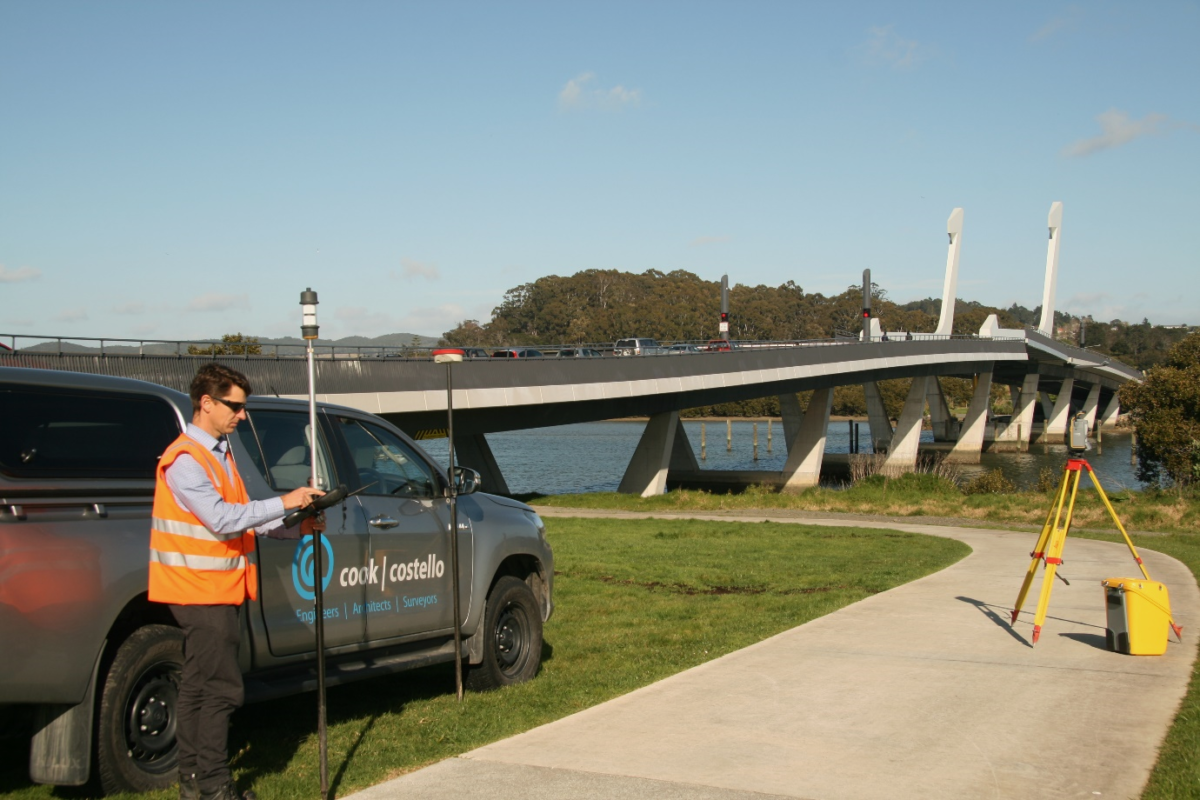Authors
Nick Barounis, Tom Smith
Abstract
Polystyrene injected concrete (PIC) is a type of lightweight concrete that internationally has a number of different applications, ranging from thermal insulation to shallow ground improvement (PIC Raft). Due to the lightweight character of this material, several benefits arise from its use in buildings and infrastructure. The engineering community has significant understanding of the strength characteristics for PIC. However, less is known about the durability characteristics of this material. The intention of this paper is to provide some insight into the durability of PIC in conjunction with its onsite engineering performance under static and dynamic loading when used as a shallow ground improvement method. This paper presents the engineering properties that have been measured on site and in the laboratory. The onsite engineering properties have been assessed by means of static plate load testing (PLT) and light weight deflectometer (LWD) undertaken on a 4m2 trial PIC pad that was constructed at a low soil modulus site in Christchurch. Laboratory results of the engineering and durability properties are also presented which were undertaken with the respective AS/NZS standards. These test methods include: unconfined compressive strength (UCS) testing, breaking load testing, moisture content, ambient density, dry density, cold and boiling water absorption and hydraulic permeability. The testing also included cycles of soaking and drying PIC specimens in sodium chloride and sodium sulphate solutions. This was carried out to model PIC’s resistance to salt attack, as well as degradation from chlorides and sulphates. A discussion of both the onsite and the laboratory performance of PIC is presented with useful observations that were carried out.


